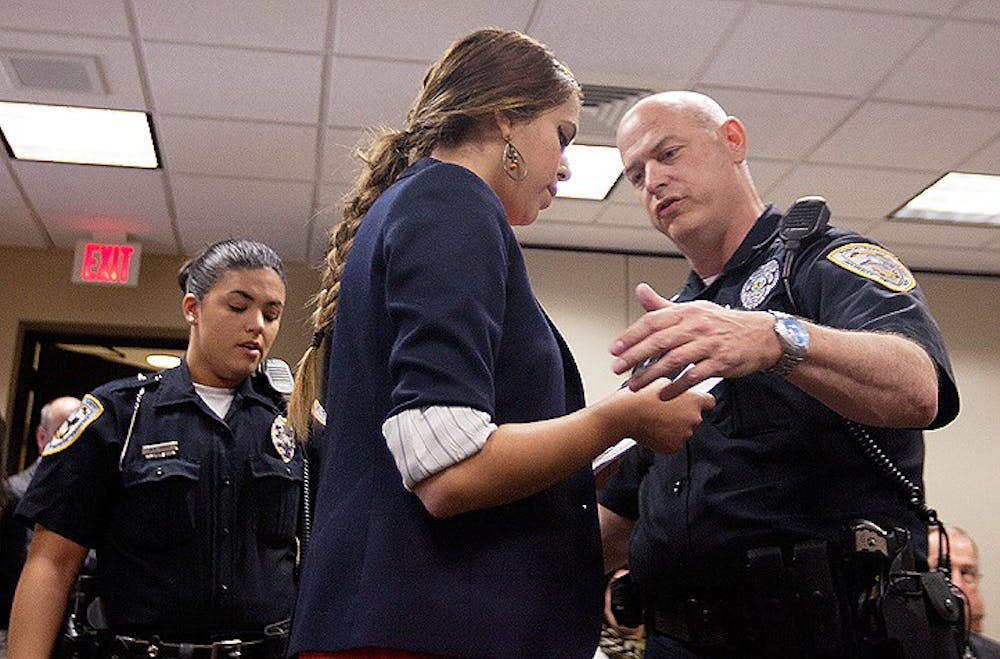When Deane Irving was laid off from his job as a computer operator at N.C. State University last year, he felt the process, while not desirable, was at least fair.
He received a severance package and is now happily retired. But if the N.C. General Assembly approves a provision of a N.C. Senate bill, then the authority of about 22,000 UNC-system workers — which included Irving — could be removed from the state and given to the system’s Board of Governors.
And Irving said that a lack of protection under the State Personnel Act could have hurt him when he was laid off because employee protections would have been limited to a set of “guiding principles” the board approved Friday.
“(The bill) seems to want to take away the protections of the State Personnel Act from the lowest-paid employees, which are the employees that have the least power,” he said. “I feel like they’re just doing away with these protections and not giving employees anything but their word.”
Housekeepers, maintenance workers and other system staff members are all currently protected under the State Personnel Act, but this provision would lump workers with faculty members under the system’s authority.
The overall bill, which was introduced by Sen. Richard Stevens, R-Wake, died in committee last year, but this provision could be considered in May during the legislature’s short session.
The guiding principles the board passed Friday are to ensure a measured and deliberate process, said board member Phil Dixon.
The principles are meant to reassure employees that they would still receive due process and the right of appeals to a panel of employee peers if the provision passes, Dixon said.
But as board members discussed the principles and cast their votes, student and worker protesters interrupted with planned speeches voicing their opposition to the provision and the guiding principles.



